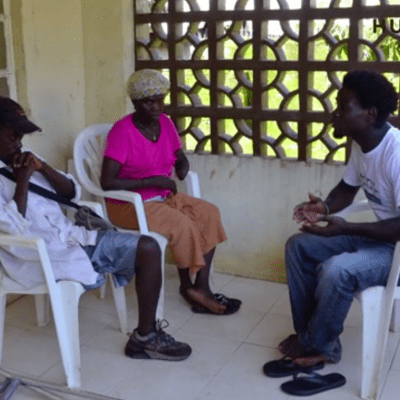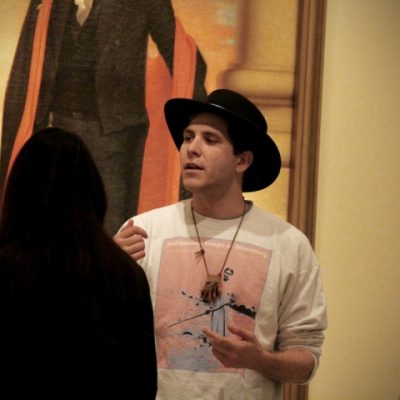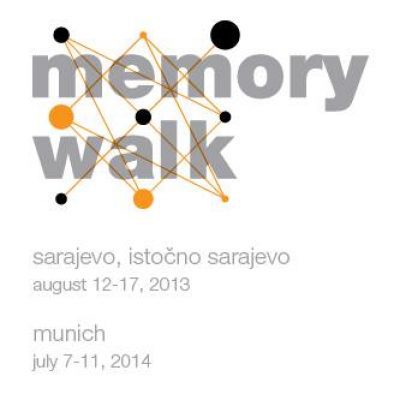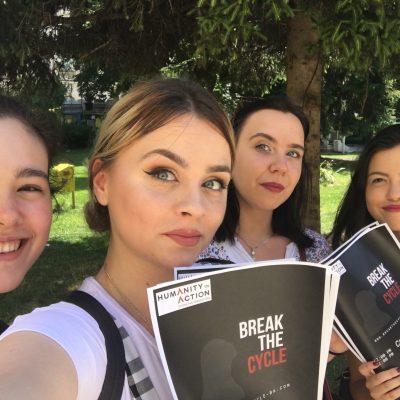Article
During Sierra Leone’s decade-long civil war, various political factions and rebel groups all but destroyed the country in their quest for power. The civil war left more than 50,000 people dead, around 500,000 displaced and an estimated 27,000 amputated or otherwise disabled. The use of child soldiers during the civil war was particularly alarming. It is estimated that around 35,000 children were used as child soldiers, ordered to brutally mutilate and kill their family, friends and neighbors. Throughout the civil war, humanitarian aid, including much-needed food, was hijacked by warring factions, rarely reaching the people who needed it most.
Around 35,000 children were used as child soldiers, ordered to brutally mutilate and kill their family, friends and neighbors.
The civil war lasted from 1991 to 2002. In 2004, the United Nations Mission in Sierra Leone completed the disarmament and rehabilitation of 70,000 combatants, yet there was still much work left to be done. The country had made some progress in political reconstruction, but it remains one of the poorest and most underdeveloped countries in the world, with a low rate of adult literacy and a high rate of maternal mortality.
One of the most complex results of the civil war has been its effect on the psyche of the country, particularly with respect to the understanding of human behavior and the choices people make in unimaginable circumstances.
Sierra Leoneans have a shared memory of the traumatic events and experiences from the civil war. Understanding the reasons for the violence and the motivations of those who partook in it is made especially difficult in light of the rigid “victim” and “perpetrator” labels used to classify people during times of atrocities. For example, how does one classify the child soldier, who was both a primary victim and principle perpetrator of violence during the civil war? As co-directors of the Jeneba Project, an organization dedicated to the reconstruction of Sierra Leone, Senior Fellows Joseph Kaifala and Liat Krawczyk wanted to address these human complexities in a way that would provide empowerment through understanding.
Joseph and Liat decided to create the Sierra Leonean Memory Project, an oral-history project dedicated to recording testimonies from those who survived the civil war. By preserving the war’s history, the project seeks to help prevent a repetition of similar atrocities. The team began by holding a preliminary press conference to explain the project to the media and to raise awareness. They also described the project during their radio program on Freetown’s Culture Radio, which regularly aired calls for participation in the project.
How does one classify the child soldier, who was both a primary victim and principle perpetrator of violence during the civil war?
The core of the project was audio-visual testimonies by survivors of the war, including child soldiers, adult combatants, those who were raped by soldiers and those who had one or both hands amputated. Joseph and Liat hoped that by highlighting the voices and experiences of those affected by the war, the project would not only help provide survivors with an opportunity for individual healing through reflection, but would also help build a collective narrative. They approached the testimonies not as interviewers seeking specific information, but more as listeners who wished to collect the participants’ stories.
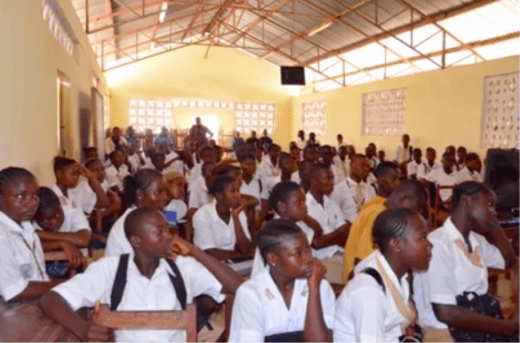
Full-length testimonies, as well as shorter clips, are available to the public, accompanied by written transcripts for easy browsing online. In addition to being accessible through the Jeneba Project’s website, testimonies were presented as part of larger educational programs for high schools and colleges in Sierra Leone and the United States. Joseph and Liat are also using the powerful testimonies to provide educational opportunities for the country’s youth, many of whom were robbed of a childhood due to the war.
While most of the participants of the Memory Project have been able to tell their stories without much distress, Joseph and Liat emphasize the importance of doing your best to understand the psychological effects that a brutal civil war can have on its survivors before you interview them. Before first meeting with participants, Joseph and Liat met with psychiatrists to learn more about Post-Traumatic Stress Disorder in order to better understand the condition and to prepare for the possible reactions from participants and their own personal reactions as listeners. Several experts and public servants encouraged Joseph and Liat to be careful about opening old wounds by asking survivors to discuss their traumatic memories. When integrating this knowledge and advice into their methods of interviewing survivors, the team found that the most effective approach was to ask open-ended questions that were less tainted by their own perceptions and assumptions and instead allowed the participants to lead the conversation.
Learn more about the Memory Project here.

